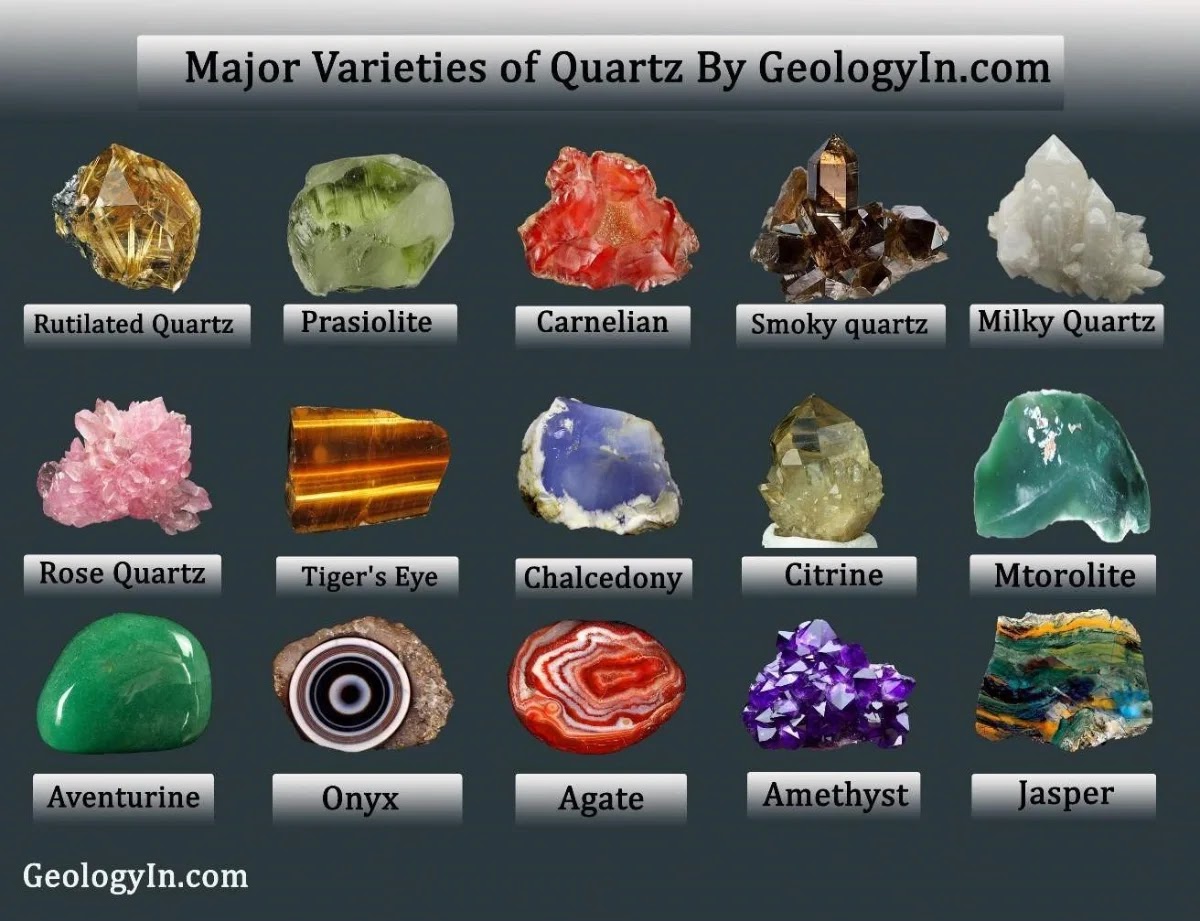Radioactivity and Earth's Age
Radioactivity played a crucial role in unlocking the mystery of Earth's age. Before the discovery of radioactivity in the late 19th century, estimates of Earth's age ranged wildly, from mere millions of years to billions. Geologists based their calculations on processes like erosion and sedimentation, while physicists, using the then-limited understanding of stellar energy, came up with much shorter timescales.
The discovery of radioactivity by Henri Becquerel in 1896 and the subsequent work of Marie and Pierre Curie revolutionized our understanding of Earth's history. They revealed that certain elements, like uranium and thorium, spontaneously decay into other elements, releasing energy in the process. This decay happens at a constant rate, known as the half-life, which is independent of external factors like temperature or pressure.
Radioactive decay provided a natural clock for dating rocks and minerals. By measuring the ratios of radioactive and non-radioactive isotopes in geological samples, scientists could determine how long ago those rocks formed. This technique, called radiometric dating, revolutionized geochronology and provided the first reliable estimates of Earth's age.
The first radiometric dates, obtained in the early 20th century, suggested an age of Earth around 4.5 billion years. Subsequent refinements and the development of new dating methods have solidified this estimate, with the current consensus placing Earth's age at 4.54 ± 0.05 billion years old.
Radioactivity not only helped determine Earth's age but also shed light on its early history. Radioactive elements like uranium and thorium are heat-generating, providing a continuous internal heat source that drives geological processes like plate tectonics and volcanism. Understanding the distribution and decay of these elements has been crucial in reconstructing the early evolution of our planet.
Radiometric dating has become a cornerstone of geochronology, helping us understand the age and evolution of not just Earth but also other planets, moons, and meteorites. It has provided invaluable insights into the formation of the solar system, the history of life on Earth, and the age of the universe itself.
Radioactivity played a crucial role in unlocking the mystery of Earth's age. It provided a reliable and accurate dating method that revolutionized our understanding of our planet's long and fascinating history.
Read also: What Is Radioactive Dating, and How Does It Work?
Carbon Dating - What is it and How Does Carbon Dating Work?

%20(1).webp)






